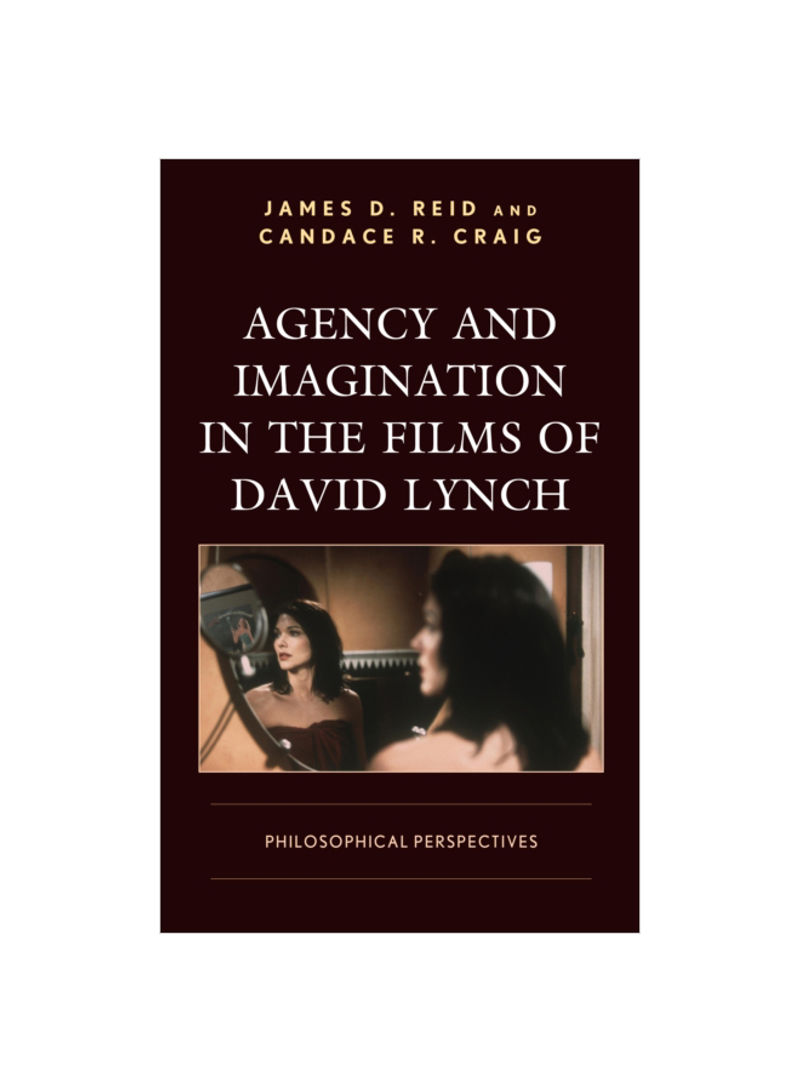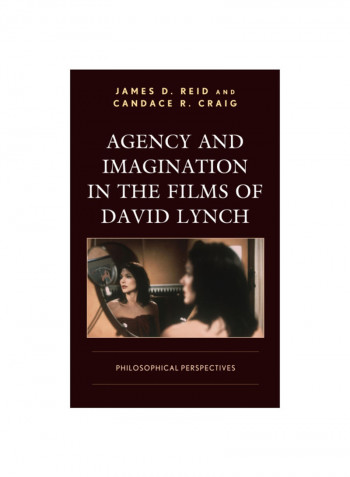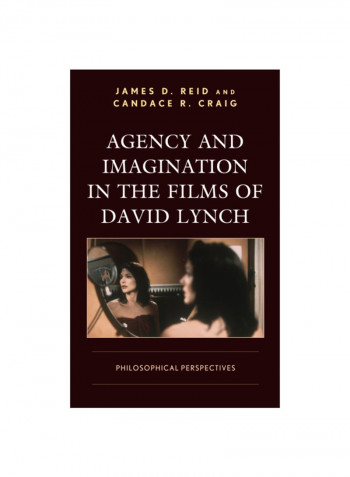Agency And Imagination In The Films Of David Lynch: Philosophical Perspectives Hardcover
Recommend
Sort by
Rating
Date
Specifications
Grade
New
Author 1
James D. Reid
Book Description
Agency and Imagination in the Films of David Lynch: Philosophical Perspectives offers a sustained philosophical interpretation of the filmmaker's work in light of classic and contemporary discussions of human agency and the complex relations between our capacity to act and our ability to imagine. With the help of the pathological characters that so often leave their unforgettable mark on Lynch's films, this book reveals several important ways in which human beings fail to achieve fuller embodiments of agency or seek substitute satisfactions in spaces of fantasy. In keeping with Lynch's penchant for unconventional narrative techniques, James D. Reid and Candace R. Craig explore the possibility, scope, and limits of the very idea of agency itself and what it might be like to renounce concepts of agency altogether in the interpretation and depiction of human life. In a series of interlocking readings of eight feature-length films and Twin Peaks: The Return that combine suggestive philosophical analysis with close attention to cinematic detail, Reid and Craig make a convincing case for the importance of David Lynch's work in the philosophical examination of agency, the vagaries of the human imagination, and the relevance of film for the philosophy of human action. Scholars of film studies and philosophy will find this book particularly useful.
ISBN-13
9781498555937
Language
English
Publisher
Lexington Books
Publication Date
31 Dec 2019
Number of Pages
280
About the Author
James D. Reid is professor of philosophy at Metropolitan State University of Denver. Candace R. Craig teaches English at Pikes Peak Community College.
Author 2
Candace R. Craig
Editorial Review
Focusing on questions of agency, its moving parts and scope, its power and limits, James D. Reid and Candace R. Craig search Lynch's wild corpus for "edification and insight into the human condition and the problems endemic to the task of trying to live well." Luckily for readers, they provide it as well. Following their crisp prose through eight films and Twin Peaks, one is rewarded with a rich and varied feel for Lynch, film in general, and the innumerable pitfalls, plummets, and occasional glories that await those who not only wish to live but to flourish.--John Lysaker, Emory University The book is well researched, addressing a range of scholars on the subject in a manner that is neither superfluous nor reductive, all the while carving out their own interpretation of the films. I certainly got a lot out of this book, and would recommend it to other philosophers of film.--Alain Beauclair, MacEwan University



